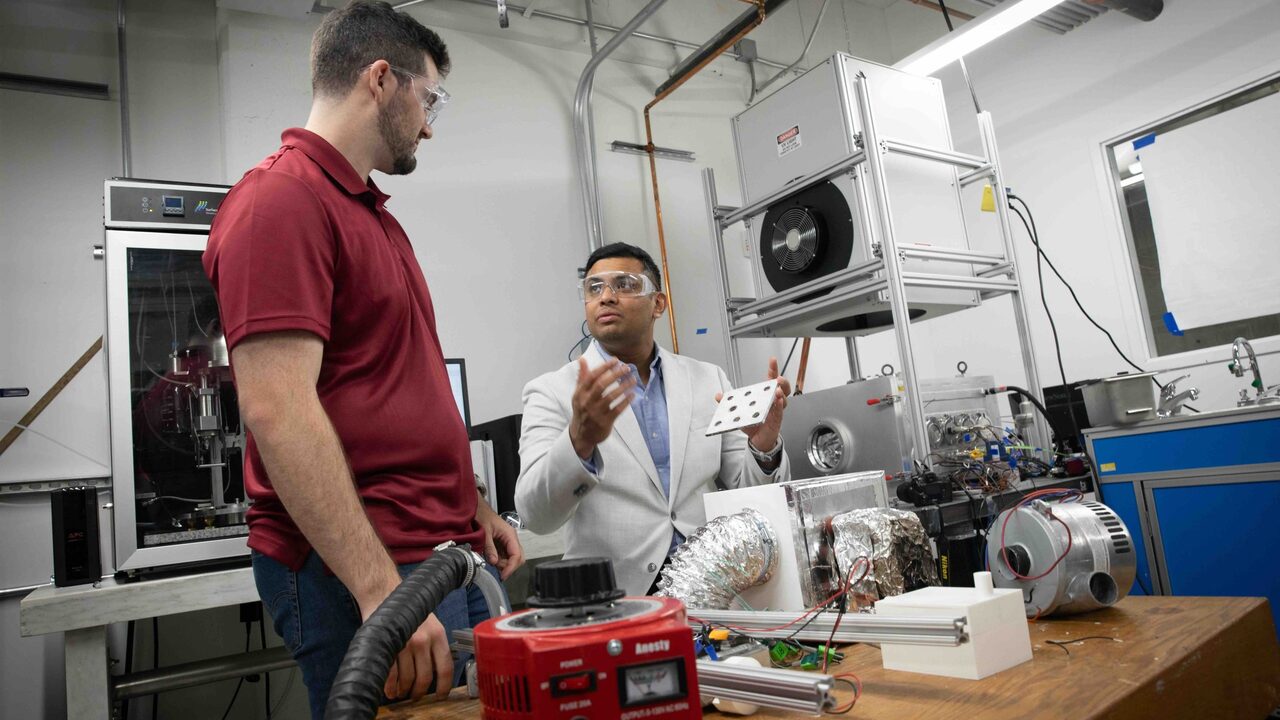This compact, fast-cycle, fuel-powered AWH device addresses limitations of existing technologies, which often face efficiency, size, and cost challenges, the scientists wrote. The prototype, detailed in a recent study, uses metal-organic frameworks (MOFs) to extract water vapor from humid air. Reminiscent of Lego blocks in their versatility, these hygroscopic materials are designed to selectively absorb water molecules.
The MOFs used in this device are aluminum fumarate panels that trap water on their large internal surfaces.
The device works in two stages: First, it absorbs water vapor from the air, then it heats it to turn the collected water into liquid.
The prototype can currently produce 5 litres of water per kilogram of adsorbent material per day. But it will be improved
Source: Ferra
I am a professional journalist and content creator with extensive experience writing for news websites. I currently work as an author at Gadget Onus, where I specialize in covering hot news topics. My written pieces have been published on some of the biggest media outlets around the world, including The Guardian and BBC News.











